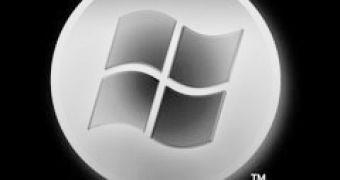The first month of 2008 is synonymous with an excellent debut for Windows Vista, as Microsoft is getting ready to resolve the first critical vulnerability affecting the operating system this year. The Redmond company made available this week the Security Bulletin Advance Notification for January 2008, offering a sneak peak at the security bulletins that will be issued on January 8th, 2008. With Vista but a month away from the first anniversary since it hit the shelves, emphasis is now placed on whether Microsoft delivered on its promise to offer the most secure Windows operating system to date.
The general consensus at the end of the past year seemed to be that Microsoft had indeed pulled this off. Resources provided by the Redmond company from the vulnerability statistics put together by Jeff Jones, a Security Strategy Director in Microsoft's Trustworthy Computing group, to the Microsoft Security Intelligence Report January - June 2007, all managed to paint a positive picture for Vista in terms of security. And this is, in fact, what the Windows operating system needs in order to shake off a now traditional bad reputation associated with a low level of security.
But by no means, did the Redmond company applaud Vista as bulletproof or perfect, as Jim Allchin, former Co-President, Platforms & Services Division, pointed out ahead of the consumer launch of the platform. And with each passing month, Vista lives up to its standard of imperfection. Case in point: the January 2008 security bulletins that will address a critical vulnerability affecting both the 32-bit and 64-bit versions of Vista.
For the next week, Microsoft is preparing a total of two security bulletins, labeled with Critical and Important severity ratings. The Critical patch will also impact Windows 2000, Windows Server 2003 and Windows XP, in addition to Vista. "Finally, we are planning to release five high-priority, non-security updates on Microsoft Update and two high-priority, non-security updates on Windows Update", revealed a member of the Microsoft Security Response Center team.

 14 DAY TRIAL //
14 DAY TRIAL //